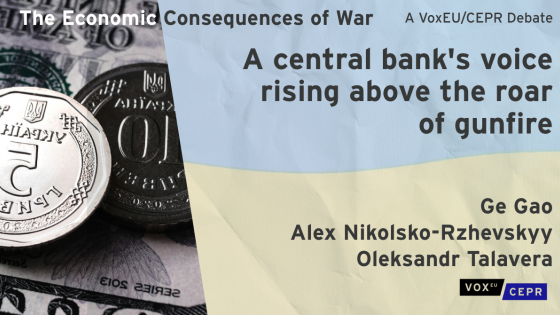Obama calls for a stronger renminbi. Does he have real clout or is this just a publicity stunt to appease voters back home?
China is the powerhouse of international finance (Chen et al 2009). It has accumulated the world's largest pool of currency reserves at $2.3 trillion. By imposing strict capital controls China has been able to peg its exchange rate to the dollar. Its ultra-competitive exchange rate has allowed China to grow its exports disproportionately. Today, exports in the amount of $1.4 trillion account for 32% of its GDP. The low-cost Chinese products are the de-facto price benchmark of manufacturing goods across the world. The prices put downward pressure on manufacturing prices and force businesses to offer their goods at prices that are not sustainable and do not allow for long-term investment and reserve accumulation. This has a distorting effect and drives companies across the globe out of business leading to a loss of valuable human capital.
Are the political leaders right in asking the Chinese government to revalue the renminbi or should they follow another tactic? Because China's export industry accounts for 32% of GDP, the Chinese government is highly dependent on the continuing success of its export industry. So it goes without saying that the Chinese government will do everything to resist the call for renminbi appreciation (see Garcia-Herrero and Kovu 2009). In any case, they have the financial clout with their $2.3 trillion in capital reserves and are in the driver's seat, so no one need tell them, what they should do.
It is in the world's interest, including the Chinese government’s, that the global economy has adaptive exchange rates, which allow currencies to move up and down. The currency price adjustments are important, because they insulate any given country from outside pressure and enable the local economy to adjust in gradual pace to outside changes. So the Chinese government has every interest to move to flexible exchange rates, but it will not want to do so if the strategy risks its hold on power.
Is there a way out? But the rest of the world should not force the Chinese government to float the exchange rate – this is an internal matter and should not be interfered with. Having said this, the governments should support efforts to create a liquid offshore market for the renminbi. If the offshore renminbi is higher than the official renminbi, Chinese will subvert the exchange rate controls putting internal pressure on the Chinese government to relinquish the controls and open its economy. As long as the Chinese government has full control of the Chinese economy and everything is ticking smoothly, it is likely that the offshore renminbi will have a high market price. It is then that the pressure on the exchange rate controls is strong. As soon as the Chinese economy stutters and government is weakened, the offshore renminbi will decline in value, which will in turn reduce the pressure on the Chinese exchange controls. The advantage of this approach is that it is adaptive (see Obstfeld 2006 for a similar proposal).
There is one word of caution. Free financial markets as they exist today do not work as well as we think. The reason is the lack of liquidity leading to large price fluctuations. I thus argue that governments should focus on building an offshore market, but also set capital aside for stabilising the market price with dynamic investment strategies. These strategies do not target a particular price level, but seek to reduce price volatility. If the offshore renminbi market is highly liquid with low volatility, the price adjustments will be smooth.
My plea is to stop arguing with the Chinese government about the right price level of the renminbi, where some economists claim that the currency is 25% to 40% undervalued (Wong and Ladler 2010). I suggest that we need to expand the fledgling over the counter market for the renminbi. We should invite retail traders and institutional investors, including sovereign wealth funds to participate. If the spectrum of participants is heterogeneous and a significant share of the participants follow stabilizing strategies, then the off-shore market will be liquid and produce a consistent market price for the renminbi. The price differential between the offshore and the official pegged price will vary reflecting the changing outlook of the economy and political regime. The price differential will in a dynamic way exert pressure on the Chinese government to open its economy. This more flexible approach will make it easier for the Chinese government to come to terms with the need for change.
References
Chen, Hogyi, Wensheng Peng and Chang Shu (2009), “The potential of the renminbi as an international currency”, Research Paper of Bank of International Settlement , February.
Garcia-Herrero, Alicia and Tuuli Kovu (2009), “China's Exchange Rate Policy and Asian Trade”, Bank for International Settlement, April.
Obstfeld, Maurice (2006), “The Renminbi's Dollar Peg at the Crossroads”, Center for International and Development Economics Research, UC Berkley, July.
Wong, Edward and Mark Ladler (2010), “China Rejects U.S. Complaints on its Currency”, New York Times, 4 February.


